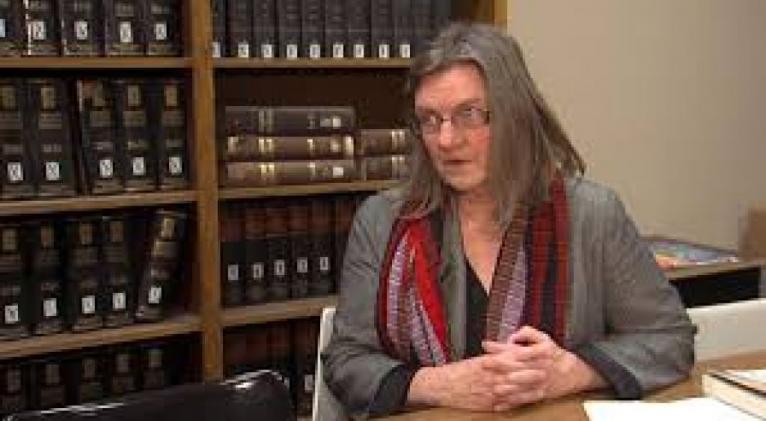NDSU Professor Shares Experience of Traveling to Cuba Before Embargo Was Lifted

For years traveling to Cuba was no easy feat.
But the United States’ new relationship and rules with Cuba claim to significantly ease travel and trade opportunities.
Reporter Jordee Kalk sat down with and NDSU professor who travelled to Cuba last November.
“’Oh where are you from,’ and I said ‘The United States,’ and they said how is it you’re here, what illegal means did you use to get here.”
But it wasn’t illegal at all when NDSU professor Carol Pearson went to Cuba. It was part of the Latin American Women’s Writers Conference—- where she got to present on her research.
She says the journey to Havana wasn’t easy.
“It was months of asking for a special license from the treasury department.”
All done to prove it was for research, and not a tourism trip. The provost of NDSU even had to write a letter on her behalf.
And, she didn’t get the clear to travel until 2 weeks before her trip.
“It was a story in itself with the hoops you had to go through with the treasury department.”
Pearson got to go to Cuba because education wasn’t a part of the embargo, but now that’s it’s lifted she expects others to start travelling there.
“I think going to Cuba even at this point is so interesting and it’s a completely different perspective on a way of life.”
In fact, Pearson claims that’s part of the reason the conference was held in Cuba, a country formerly shut out from much of the United States.
She says the organizing committee… “Made a conscious decision to go ahead and try it in Havana, knowing that there would probably be roadblocks.”
All for art and culture, and spreading a new way of thinking.
“It’s a way to get voices from within the country out to the world.”
When Pearson was in Havana she presented mainly on the book “con pasion absoluta,” or with absolute passion.
The book is loosely based off the author’s childhood of growing up in Guatemala in the second half of the 20th century.













Add new comment